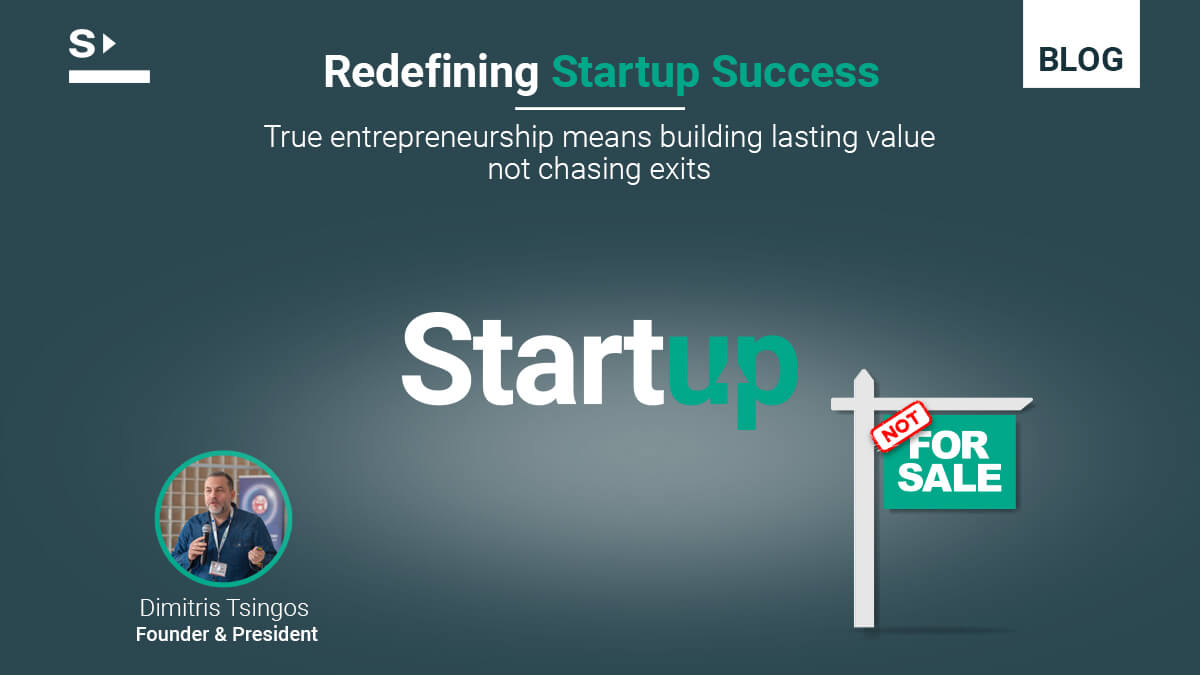Startups Are Not Built to Be Sold
In the world of startups, there’s an idea that keeps coming back: startups are built to be sold.

It’s one of the most common misconceptions—and, I’d argue, one of the most damaging. Because when entrepreneurship is framed only as a path to acquisition, we strip it of its true meaning.
The real value of a business is not the possibility of a future exit. It’s the cash it can generate, sustainably, over time. The role of founders is to build companies that steadily improve profitability while expanding their long-term potential. That means striking a difficult but essential balance between growth, profits, and investments that span across different time horizons—today, tomorrow, and years ahead.
A company built this way can stand on its own. It can grow, stay profitable, pay dividends, create real shareholder value, and offer meaningful prospects for its people. And precisely because it doesn’t have to be sold, if an acquisition offer ever does come, the value will be exponentially greater.
Of course, if a “can’t refuse” proposal appears, it will be considered. That might mean selling a minority stake, a majority stake, or even the whole company. Could it happen sooner rather than later? Yes—especially in today’s markets. But that’s not the point.
The point is to build a company that never needs to be sold. A company that stands on its own strength. If an acquisition happens, it should be a byproduct of that strength—not the reason for building in the first place.
That’s the real distinction: entrepreneurship that builds lasting value versus entrepreneurship that chases quick wins.
